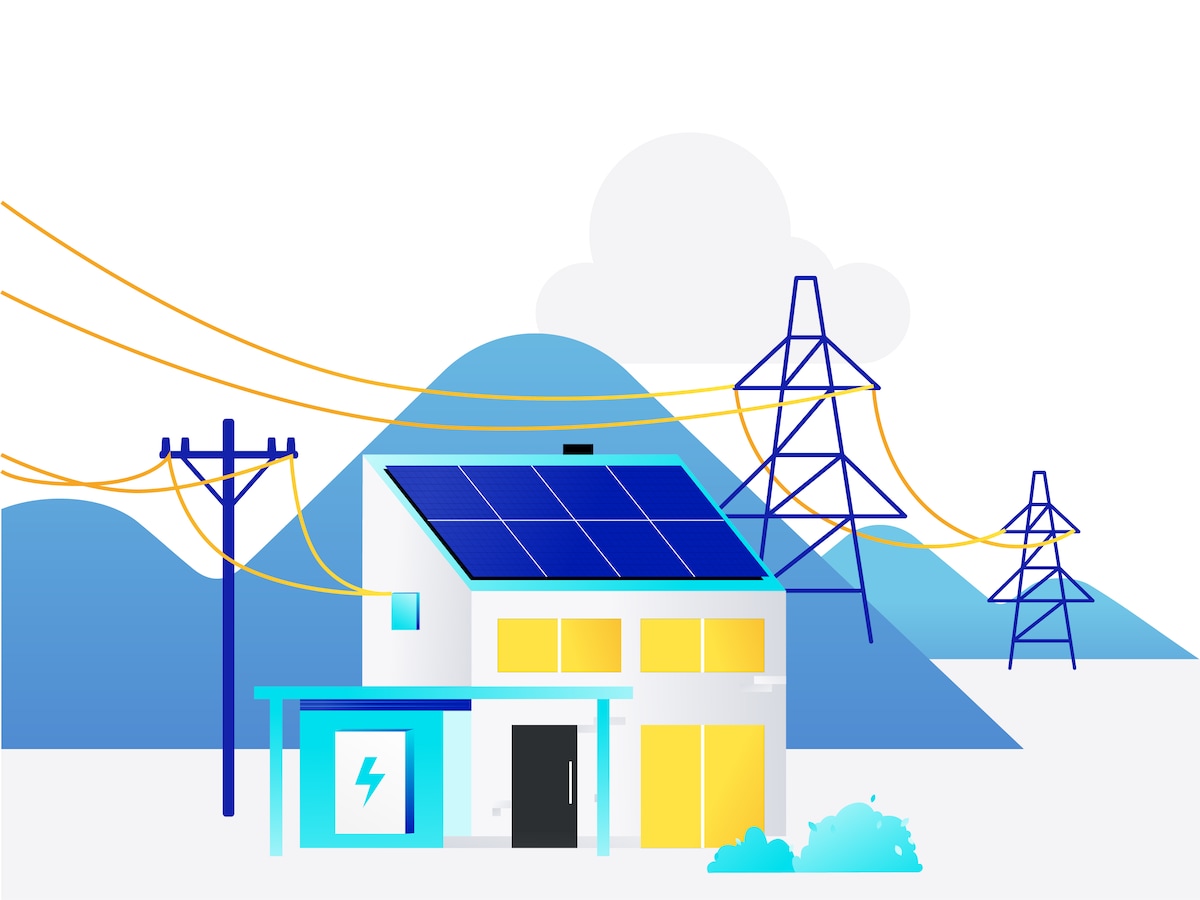As more households switch to solar, what difference could solar batteries make?
Have you ever wondered how much impact initiatives like state government solar schemes can have on the electricity grid? For example, the Victorian Solar Homes Program offers eligible households a rebate to install solar panels, solar hot water systems or solar batteries. And research shows that the more people take up the opportunity to install solar batteries, the less reliant we’ll be on the grid.



